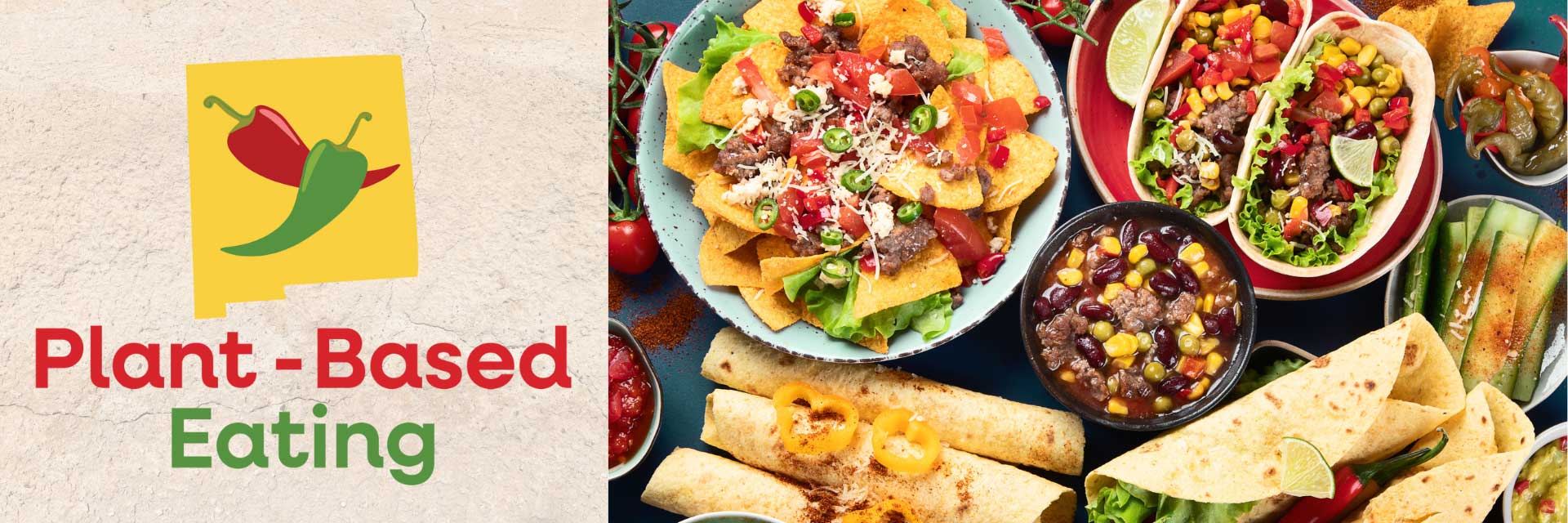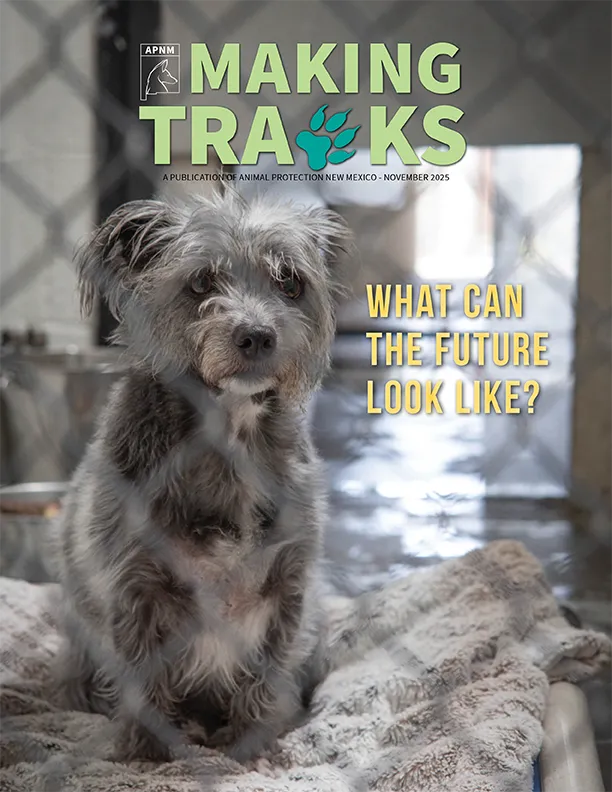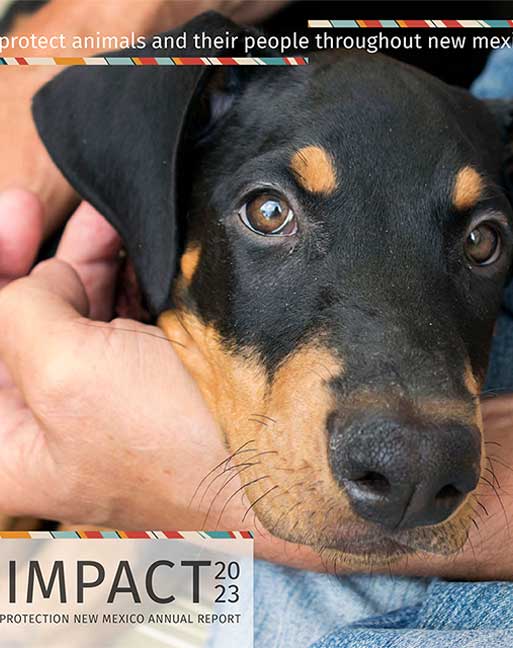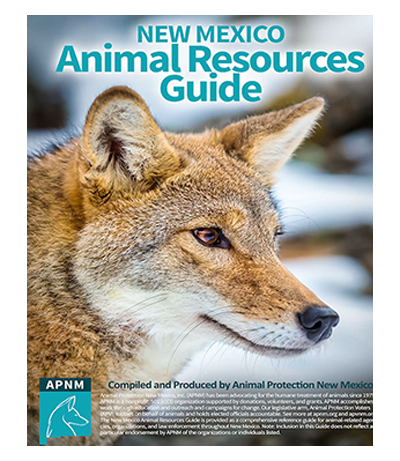
Why Plant-Based Eating?
For Animal Protection
The most obvious and impactful way that plant-based eating protects animals is through the reduction of demand for farmed animal meat. Animals born and raised for food suffer atrocious living conditions, and sometimes die before they even arrive at the slaughterhouse. Farm animals are kept in extreme confinement and in many cases do not even have enough room to turn around or spread their wings, including those with labels such as humane and cage-free. Some examples of abuse farm animals experience include chickens having their beaks mutilated and cut off and male pigs being castrated, both with no pain relief. The suffering doesn’t end when they leave the farm (or concentrated animal feeding operation), as the slaughterhouse brings additional pain and suffering; due to profit driven practices, many animals are not killed at the beginning of the slaughter and remain conscious for much of the process including while they have their hides ripped off or enter the scalding tanks.
In addition to farm animals, animal agriculture also causes harm to wildlife. Bears, coyotes, cougars, beavers and many other species are killed by state and federal agencies to protect livestock. Additionally, meat production causes deforestation, pollution, and drought which all harm wildlife and lead to endangerment/extinction.
For Health
According to the Academy of Nutrition and Dietetics, appropriately planned plant-based diets are nutritionally adequate, suitable for all stages of the life cycle (pregnancy, lactation, infancy, childhood, adolescence, older adulthood), and may provide health benefits for the prevention and treatment of certain diseases.
Following a plant-based diet that consists primarily of whole foods has been shown to help manage, prevent, and even reverse many common health conditions.
For the Environment
Switching to a plant-based diet is arguably the most impactful action a person can take to protect the environment. Every second, 1-2 acres of rainforest are cleared for grazing livestock or growing animal feed, and 91% of forest deforestation is caused by livestock. Furthermore, livestock accounts for 51% of global greenhouse emissions, and animal agriculture is responsible for more greenhouse gas emissions than the entire transportation sector! Each day, a person who eats a plant-based diet saves 1,100 gallons of water, 45 pounds of grain, 30 square feet of forested land, 20 pounds of CO2 equivalent, and one animal’s life. According to experts, it is necessary for humans to stop consuming meat and dairy in order to prevent irreversible damage to the planet.
For Social Justice
The industries that produce foods using animal body parts and secretions are extremely harmful to humans, disproportionately affecting people of color and low-income communities. Working in a meat processing plant is the most dangerous job in America, and meat processing facilities target undocumented people to hire for dangerous jobs. There have been many cases of meat processing companies reporting employees’ immigration status to the authorities immediately after the employees got severely injured or had advocated for better working conditions. Additionally, many communities whose residents are primarily people of color and/or low-income have a lack of access to healthy and affordable food. Meanwhile, Concentrated Animal Feeding Operations and large dairy factory farms are placed in communities whose residents are primarily low-income and/or people of color, polluting the air and water and causing poor health outcomes for residents. Furthermore, the world’s farmers produce enough plant-based foods to feed 1.5 times the world’s population, yet over 840 million people experience chronic hunger, and even more experience food insecurity and undernourishment, as the majority of crops go to feed livestock instead of people. The current pandemic has exacerbated these issues.
As the world’s population increases there will soon not be enough land or other resources to produce enough meat to feed everyone. The only solution to a sustainable food system is to shift towards plant-based diets.




